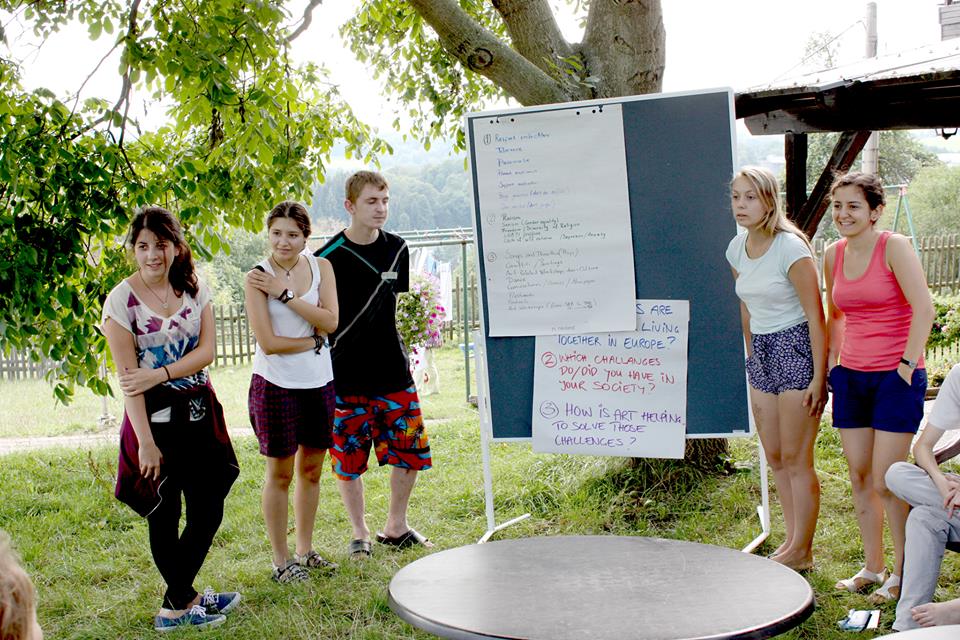
What does ESC stand for?
ESC is acronym for European Solidarity Corps.
Regardless of the graduation and language proficiency of hundreds of young people between the ages of 17-30 with ESC, they can develop their foreign languages by participating in volunteer activities in a country they wish in Europe for up to 1 year, they can develop a new language, work in a new environment that they never know and communicate before. They can learn the strategies of establishing and thus, they can diversify their options in the labor market with the confidence they gain when they return to the country. Moreover, it is possible to reach all of these at no cost. Volunteers eating, drinking, accommodation, visas, insurance, etc. costs are covered by the National Agency. There is even a certain amount of pocket money per month.
For Detailed Information: www.ua.gov.tr/agh
How Can I Apply?
Volunteer can apply at any time during the year; You can go to 28 European Union (EU) member states, 7 non-member program countries, 22 EU neighboring partner countries and any other countries included in the program guide.
For authorized organisations in Turkey, that is accredited, you can look up http://europa.eu/youth/evs_databas. At this point, we would like to remind you that Yücel Culture Foundation is an accredited institution. When deciding on the projects you will apply, the thoughts like "It does not matter where I go if it is in Europe." can have very negative consequences for you. If you can get acceptance from the right project about yourself, the benefits that this will provide you do not end with counting.
Once you have found the organization, you should send them a letter of motivation. When preparing the letter, you can mention about your resume, education, personal characteristics, why you want to take part in ESC projects and what date ranges you can take part, as well as your special skills and interests.
Imagine that you are applying for a job, you want the job, so you need to convince the employer to hire you, right?
We recommend that you organize your motivation letter in two parts. The information in the first section should be your CV so that you can use it for every application. The second part should be the one you have written specifically for the project you are applying for. In this section, you should enter information such as why you want to participate in this project and why you want the gains you will receive here. Apart from this information, it will be a plus in your motivation letter to indicate that you want to apply the gains from this project in your own country. In the e-mail you sent your motivation letter, we recommend that you include who you are and what project you want to work for.
If you want to see the details of a motivational letter:
Things You Need to Know About ESC
After receiving acceptance by the sending and host organizations, there are trainings that are mandatory when you start your project and organized by national agencies in your country. These trainings; before leaving the country your rights and responsibilities are described in the "Departure Childhood Education", when you go to countries where ESC place "arrival training", the middle of your project "Mid-Term Review Meeting" and also after returning to your country again, Turkey organized "Final Evaluation Meeting" with the National Agency.
When you start the European Solidarity Corps, there will be 3 people you will be particularly interested in: The legal representative is usually the heads of organizations. The project manager is the person who will guide you through the activities you need to do during ESC. The Guide (Mentor) is the person who will make it easier for you to adapt to the organization and that society, to deal with your problems and to create a bridge between you and your host organization.
We used the information from www.ua.gov.tr/agh while we were preparing this page.
If you are wondering how to become ESC volunteers from YKV, click this link
You can watch our online training about ESC programme. (The video is in Turkish language with no subs.)
YKV Content:1237